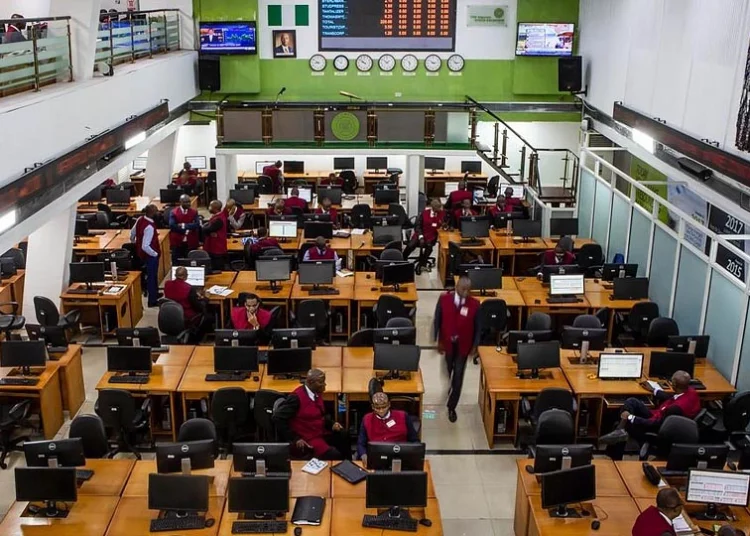Following the increase in the Monetary Policy Rate (MPR) to 14.0 per cent, financial analysts predicted an adverse reaction in the equities market, as investors sell off equity exposures, shifting to higher-yielding risk-free assets.
The Monetary Policy Committee (MPC) concluded its 286th meeting, with the decision to further increase the Monetary Policy Rate (MPR) by 100bps, bringing it to 14.0 per cent while maintaining Cash Reserve Ratio (CRR) at 27.5 per cent, the Asymmetric corridor at +100/-700 basis point around the MPR, and the Liquidity ratio was retained at 30.0 per cent. The most recent hike is in line with central banks’ global hawkish policy stance to combat inflation and increase the attractiveness of local securities.
Reacting to this, the president of the Association of the Capital Market Academics in Nigeria (ACMAN), Professor Uche Uwaleke said: “the hike in the MPR in quick succession from 11.5 per cent to 13 per cent in May and now to 14 per cent could signal panic on the part of the Central Bank of Nigeria (CBN) and heighten uncertainty.”
He added that this policy stance may not necessarily curb inflationary pressure given that the pressure is not coming from monetary factors but from high costs of petroleum products, electricity and insecurity.
“Ditto for rising Exchange rate. So, expect to see in the coming months higher cost of borrowing, widening government deficit, slower economic growth, rising unemployment and bearish stock market,” he added.
The CEO, Wyoming Capital & Partners, Mr. Tajudeen Olayinka noted that, “naturally and by default, a hike in MPR will immediately put pressure on investors to reprice financial instruments, whether it is equity instrument or fixed income instrument. In both instances, the direction of price movement would differ. Yields on fixed income instruments would rise, subject to system liquidity (demand and supply of instruments), while equity prices go down.
“This analogy suggests that CBN would do the ideal thing, by increasing supply of government securities, to be able to mop up perceived excess liquidity in the system.”
For equity market, he said, the repricing of shares will hold very temporarily, as prices subsequently recover when yields stagnate in the fixed income market, saying “this is also subject to capacities of listed companies to adjust to variability of costs and cost pressures in the short run. This is the current behaviour in the Nigerian financial markets. It does not happen this way in more developed markets of Europe and America, because they operate a more synchronized monetary and fiscal policies.”
Analyst at PAC Holdings, Mr. Wole Adeyeye said: “investors may be looking at the risk-free securities in the fixed-income market as we expect yields to increase. Investors may likely sell part of their equity investments to buy treasury bills and bonds. Consequently, bears may dominate the equities market in the third quarter of 2022. Nevertheless, this creates opportunity for investors that want to take advantage of cheap stocks in the market.”
Analysts at United Capital Plc added that, “looking ahead, we expect the continued hawkish tone to cause significant disruptions across all asset classes. We foresee a surge in the money market and bond yields as more investors demand higher returns on fixed-income instruments.”
For equities, they expected an adverse reaction in the equities market, as investors sell off equity exposures, shifting to higher-yielding risk-free assets, saying “however, investors would continue cherry-picking companies with solid H1, 2022 earnings performance.
“For the next MPC meeting in September, we expect the MPC decision will largely fall on the stance taken by more advanced central banks in their aggressive rate cycle. Domestic inflation estimates will also be a significant consideration at the September MPC meeting.”





